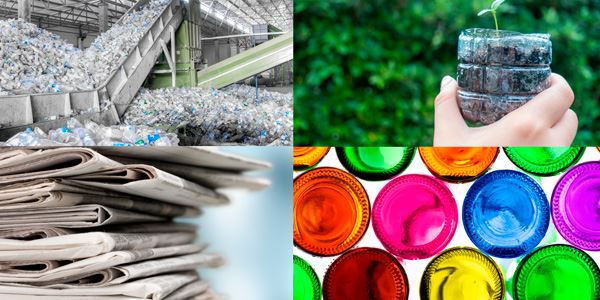

The adverse impact of climate change is over our heads. That is why companies are increasingly looking forward to embracing eco-friendly, sustainable packaging than ever before. Meanwhile, sustainable packaging materials allow you to protect the environment. Irrespective of where you live, it is vital to make your community greener and safer.
For this reason, relying on eco-friendly, sustainable packaging materials, which can be used later and recycled, will be beneficial. Thus, it would help if you gave thought to the eco-friendly nature of the packaging supplies you purchase. To pursue an eco-friendly environment's trajectory, APC offers products made of some of the best sustainable packaging materials:
1. Recycled plastics
In any particular place, you can retain your plastic bottles. Since the material can get utilized in many different ways, it is essential to recycle plastics. Also, one can use it for various packaging needs. Many types of plastics packaging are long-life artifacts. For example, returnable crates have over 25 years of life spans or even more. Along the same lines, reusable bags are playing a more significant role in responsible retailing.
Meanwhile, plastics packaging can prevent heavy use of energy in the transport of packed goods. There will be lower emissions since less fuel is utilized. While it would do well for the climate, it could save bucks for consumers, retailers, and distributors.
For instance, a yogurt pot made from plastic weighs around 5.5 grams, while the same made from glass weighs nearly 85 grams. Understandably, it is a huge difference. In a lorry loaded with a product packaged in glass jars, 36% of the load would be accounted for by the packaging. The packaging may amount to 3.56%, assuming packed in plastic pouches. While transporting the same amount of yogurt in glass pots may require three trucks, two would be enough for plastic pots.
Another advantage of using recycled plastic is that it's durable and can endure a lot of moving around a great deal. Because of the incredible strength and less weight ratio, it is conveniently possible to pack a greater product volume with plastics instead of traditional materials.
Some types of plastics that can be recycled and used as eco-friendly, sustainable packaging materials are Polyethylene Terephthalate (PETE or PET), Poly Vinyl Chloride (PVC), High-Density Polyethylene (HDPE), Low-Density Polyethylene (LDPE), Polypropylene (PP), Polyethylene (PE), and Polystyrene (PS).
2. Aluminum
Aluminum is 100% recyclable and can be reused without a huge decrease in quality. According to the Aluminum Association, practically 75% of all aluminum ever produced is as yet being used today.
Furthermore, recycling aluminum is more uncomplicated than plastics, as its products don't have to go through confounded sorting prior to recycling. Also, the energy consumed during its recycling is not as much as that for plastics, which prompts diminished carbon emissions and lower recycling costs.
3. Bamboo
Bamboo packaging diminishes environmental impacts and helps promote a healthier and better planet. Let's discuss a couple of reasons why you can have a positive outlook on bamboo packaging:
- Bamboo is the quickest developing woody plant on the planet. It can grow up to 24 inches a day. It can be reaped in only 3-7 years, making bamboo profoundly renewable and an incredible option in contrast to other materials like corrugate, molded paper pulp, etc.
- Bamboo can withstand a high amount of stress in pulled or stretched form and be used for products requiring strength and flexibility.
- Bamboo packaging is considered biodegradable.
4. Glass
Glass is 100% recyclable and doesn't encounter any quality loss through the cycle. For your items, glass packaging produced with reused content is the most sustainable option you can choose for your customers, costs, and the environment. Let's take a look at some points that support the idea that glass is sustainable:
- Glass doesn't consist of bisphenol A (BPA) or other harmful additives for its strength. It is non-toxic and less absorbent and does not impact product integrity.
- Glass packaging keeps up the intended form of the product for a longer time, which ensures both the packaged product and the consumer.
- It does not require a significant amount of energy to recycle existing glass products as compared to melting raw materials.
If you want to learn more about this, our experts are at your service. Don't hesitate to contact us if you need more guidance.
























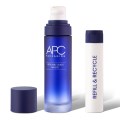





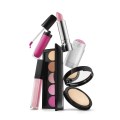

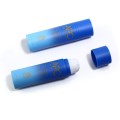
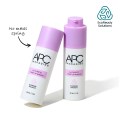
.jpg)











